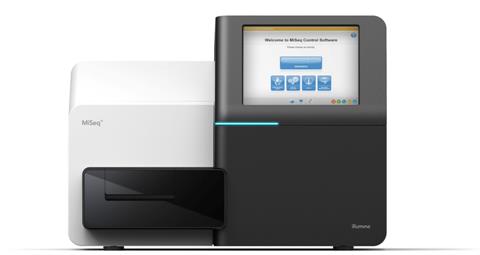The Center for Clinical Genomics of Microbial Systems (CC-GEMS) studies the evolution of pathogen genomes and conducts -omics driven research related to the identification of new pathogens, diagnostics and therapeutics.
We also use NGS data for strain tracking, epidemiology, and population genetics and analyze microbiome changes associated with various disease states. This program includes research foci that examine pan-genomes of pathogens, identifies variants that relate to specific disease phenotypes, and studies associations between diseases, treatments, and microbiome alterations. The Center develops and maintains databases of microbial genomes and metagenomes for CC-GEMS faculty, as well as provides access to state of the art bioinformatics tools required for successful analysis of NGS data. We also provides statistical support for genomic and metagenomic studies. RNAseq studies assess transcriptional responses to infections and host genetic factors that contribute to different clinical or treatment outcomes. Basic research that uses mouse models is not a focus of the Center. These basic science and translational research activities address:
- Strain/sub-species variations at the whole genome level
- Whole metagenome-based identification of novel pathogens
- Microbiome changes in disease states (neurological disorders, autoimmune diseases, IBD, etc)
- Extension of microbial genomic, metagenomic and metatranscriptomic research into animal model systems to support hypothesis-driven research that cannot be performed in humans
- Host response to pathogens
- Public health microbial threats
Next-Generation Sequencing (NGS) Platforms
Illumina HiSeq 2500
The HiSeq 2500 System is a powerful and efficient ultra-high-throughput sequencing system that supports the broadest range of applications and study sizes. Unrivaled data quality using Illumina’s proven SBS chemistry has made the HiSeq 2500 the instrument of choice for all major genome centers and leading institutions throughout the world. New HiSeq v4 reagents allow for more reads and more data in less time.

Illumina MiSeq
The MiSeq desktop sequencer allows you to access more focused applications such as targeted gene sequencing, metagenomics, small genome sequencing, targeted gene expression, amplicon sequencing as low as 1ng DNA, and HLA typing. New MiSeq reagents enable up to 15 Gb of output with 25 M sequencing reads and 2×300 bp read lengths.

Pacific Biosciences PACBIO RS II
The PacBio RS II is a Single Molecule, Real-Time (SMRT(tm)) DNA Sequencing System that provides the highest consensus accuracy and longest read lengths of any available sequencing technology. SMRT Sequencing is ideal for de novo assembly, characterization of genetic variation, methylation analysis, microbiology studies, and more.

Ion Torrent PGM
Now, more laboratories can adopt powerful next-generation sequencing technology to get answers faster with increased throughput, higher accuracy, and the simplest workflow from sample preparation through to data analysis. With the Ion Torrent Personal Genome Machine(tm) (PGM) System, human disease researchers can detect variants by targeted gene sequencing in cancer and genetic disorders, and microbiologists can easily type a bacteria or virus, or characterize novel microbes.
